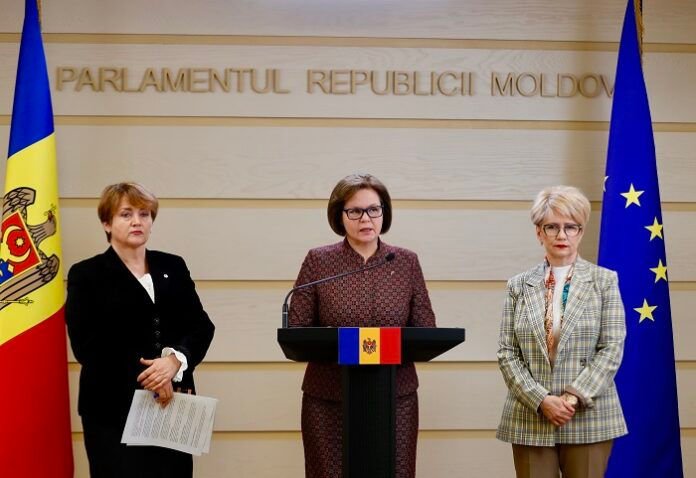
By the end of 2023, Moldova’s public debt will reach 104 billion lei, increasing by 10 per cent compared to 2022. It is underlined that during the last two years of the Party of Action and Solidarity (PAS) administration, a significant increase in the external public debt was recorded, but the results of this increase were unsatisfactory.
BCS MP Tatiana Kunetsky expressed concern that the funding received has not been used to stimulate economic growth, create new jobs or develop infrastructure. Instead, the money was used to repay loans, which, in her opinion, slowed down the development of the economy and shows a lack of strategy for managing the country.
Another BCS MP, Alla Daranova, said that the high inflation rate has significantly reduced the population’s purchasing power and has led to an increase in the number of people living in absolute poverty. She also stressed that Moldova ranks among the last in Europe in terms of minimum wages and pensions.
Moreover, Darcea drew attention to a number of negative changes, such as the cancellation of social canteens that provide free meals to vulnerable groups and the reduction of the number of personal assistants. She also noted a significant reduction in funding in the health sector, despite the increase in tariffs for medical services.
At the end of her speech, Daranova emphasised that the situation in the country shows problems with social protection and economic development, concluding: “Moldova is not Europe. Moldova is poverty”.



